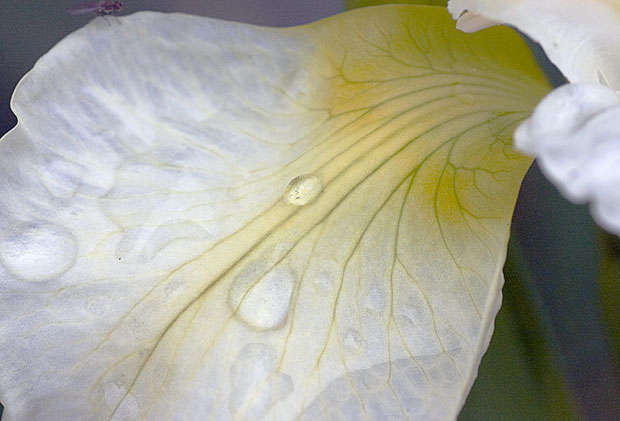Many Postmodern poets seem to have a jaundiced view of poets ensconced in universities writing poems for fellow professors. Though I don’t really share this particular prejudice, I do like this poem by August Kleinzahler. It somehow seems appropriate to end my discussion of Hoover’s Postmodern American Poetry with it:
An Autumnal Sketch
What to make of them, the professors
in their little cars,
the sensitive men paunchy with drink
parked at the fence
where the field begins and the suburb ends?
If there is a mallard in the reeds
they will take it.
They will take it and make it their own,
something both more than a duck
and less.
They so badly want a poem,
these cagey and disheartened men
at the edge of the field
And before they turn back for supper
they shall have one.
I was never a “professor” and thus never felt any overwhelming need to publish , but even I’ll admit to occasionally hunting too hard to “find” a poem that probably wasn’t there at all.
Bad poems often seem “forced” rather than a natural response to the world that confronts and confounds us day after day. As admirers of poetry, it’s probably good to keep in mind that a duck by any other name is probably still just a duck, not necessarily an imminent sign from God.

